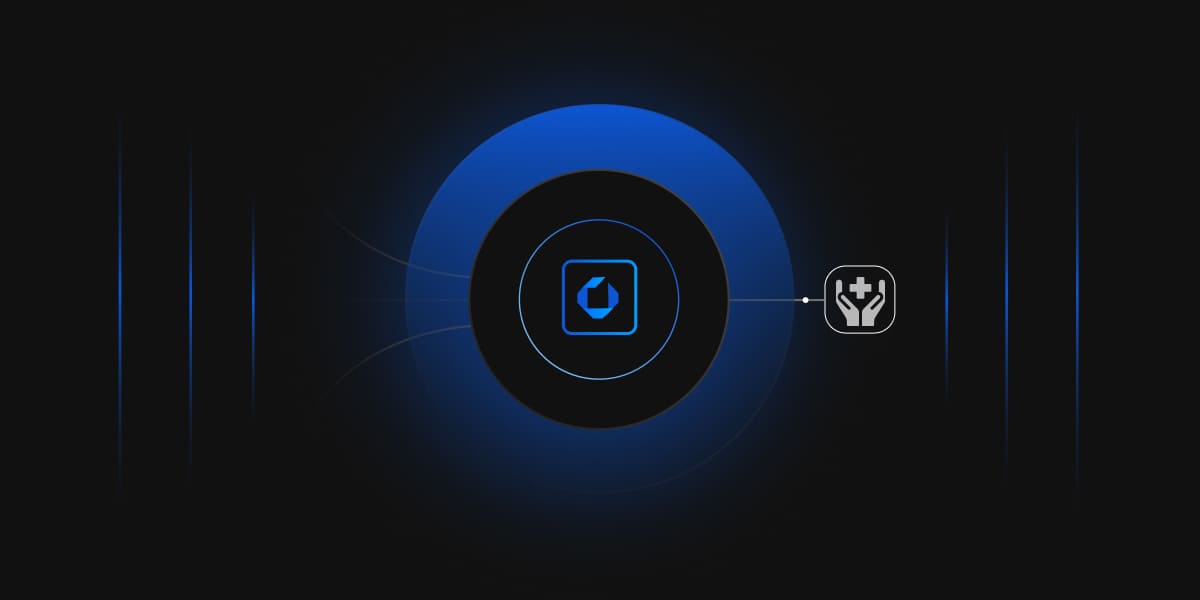Company Overview
One of the leading healthcare companies in the US found itself grappling with a complicated and manual approach to certificate management. This organization was known for its focus on preventive care, electronic health records, and efforts to reduce healthcare costs while improving outcomes. It pioneered the development of comprehensive health information systems and was an early adopter of telemedicine technology. As health information is extremely sensitive in nature, the organization had strong data security measures in place along with compliance with healthcare regulations such as the HIPPA. However, as discussed, it was already grappling with the manual approach to certificate management.
The Challenges
-
Manual Certificate Management
Manual processes in certificate lifecycle management create many painful areas, especially considering the expansion of certificates organizations require to run their operations securely and reliably. Using spreadsheets to track certificates and search through thousands of rows can be time-consuming.
In addition, manual certificate management is unreliable and error-prone. Furthermore, how can you enforce an enterprise-wide policy if you fail to understand and control who issues keys and certificates? How can you audit that this particular policy is adequate? Blurred visibility can be considered another drawback of manual certificate management.
-
Inefficient Certificate Discovery
Certificate discovery refers to identifying and cataloging SSL/TLS certificates deployed across an organization’s infrastructure.
These certificates can be scattered throughout various domains, servers, devices, and cloud services, making it challenging for organizations to track them manually. An inefficient certificate discovery can lead to a deteriorating security posture. Certificate expirations are one of the leading causes of certificate-related outages, which leads to disruptions in secure connections and potential service downtime. It may also lead to compliance issues with industry standards and regulations.
-
Lack of Proper Certificate Enrollment
Certificate Enrollment is the process by which an entity, such as an individual or an organization, requests and obtains a digital certificate from a Certificate Authority (CA). Digital certificates are used to secure communications and authenticate the identity of a server, client, or user in various secure protocols like SSL/TLS (for securing websites), S/MIME (for email encryption and signing), and more.
The lack of proper certificate enrollment can lead to an erosion of trust in the organization. It can also turn off secure communications within and outside the organization. Furthermore, it can lead to non-compliance with security standards and regulations.
-
Certificate outages
The organization faced certificate-related outages due to its poor certificate management system. A certificate outage, also known as a certificate failure, refers to an SSL/TLS certificate becoming invalid, expired, or revoked, rendering it unusable for establishing secure connections. During such an outage, websites and online services relying on these certificates may experience disruptions, leaving them vulnerable to cyberattacks and data breaches. This type of incident can lead to a domino effect of problems, affecting user trust, reputation, and financial well-being of the impacted entities.
-
Limited Integration
Existing tools couldn’t deploy certificates within their CI/CD pipeline, making integration work with existing or new applications in the development process near impossible.
Solution
-
CertSecure Manager enabled a centralized certificate inventory control, in which the institution automated and centralized digital certificate management in their inventory. It enabled the maintenance of security and compliance across the certificate lifecycle by automating the revocation, monitoring, and renewal processes.
-
CertSecure Manager offered an automated approach to the certificate lifecycle management process, which reduced the risks of outages caused by expired or invalid certificates while improving overall security.
-
It also enabled efficient certificate discovery, improved the institution’s security and compliance by removing unused or expired certificates, and ensured critical certificates were not allowed to expire while enhancing the overall PKI infrastructure of the institution.
-
The CertSecure Manager streamlined the certificate enrollment of the organization. It helped reduce management costs, enforced controls and policies for authentic users, and enabled quick certificate acquisition. This enhanced the overall security and efficiency of the organization.
-
Simplification of report generation was also done, along with automated alerts for the organization using the tool. It enabled the report generation based on expiration dates, templates, key length and so on.
-
CertSecure Manager efficiently eliminated certificate outages by creating a distinct alert system for expiration or revocation. It implemented a centralized certificate management solution to keep track of certificate expiration dates, which allowed administrators to take timely action. It even established notifications or reminders for certificate renewals to ensure they are not missed or overlooked.
Impact
CertSecure Manager’s ability to streamline certificate issuance and renewal enhanced the organization’s operational efficiency while reducing certificate provisioning time by 70-80%.
In addition to that, CertSecure Manager’s seamless integration with NESSUS and other certificate discovery tools, along with intelligent environment monitoring and vulnerability identification, helped eliminate certificate blind spots while automated monitoring and maintenance of certificates.
Moreover, CertSecure Manager enhanced certificate ownership visibility through detailed inventory records, enabling enhanced accountability and simplified ownership transfer. Furthermore, CertSecure Manager’s unified certificate inventory dashboard enhanced control and insight into certificates and increased flexibility in certificate report customization.
Conclusion
CertSecure Manager helped the organization overcome the intricate challenges of certificate management. With solutions like certificate discovery, automation, detailed inventory, and intelligent monitoring, this tool enhanced operational efficiency and security.

